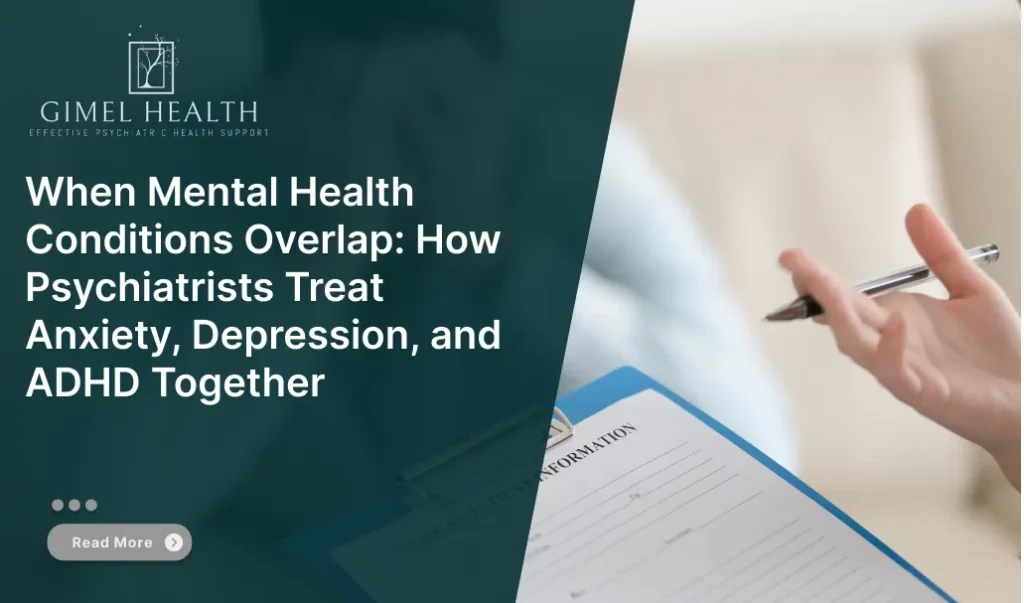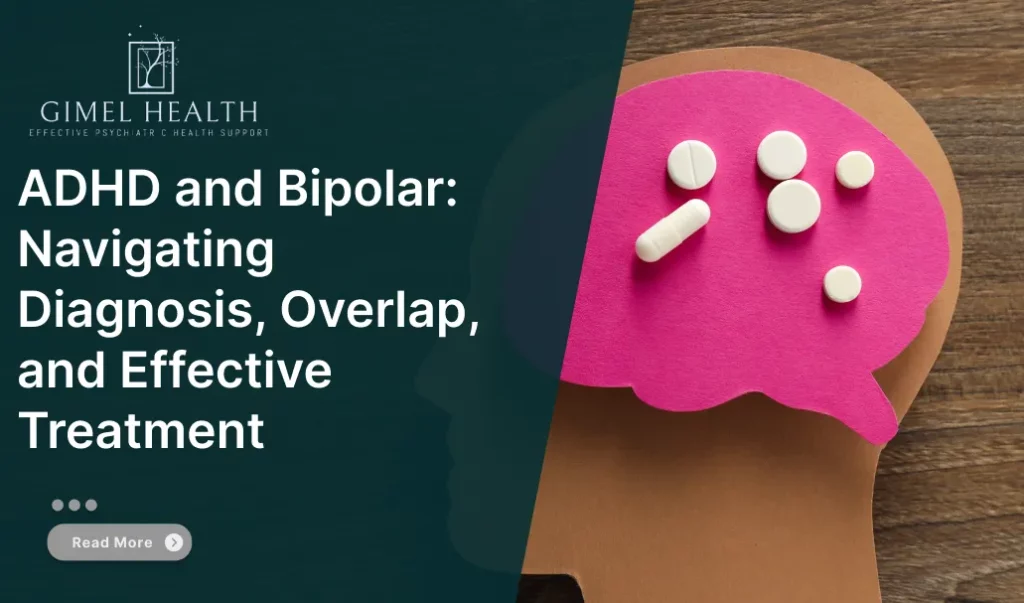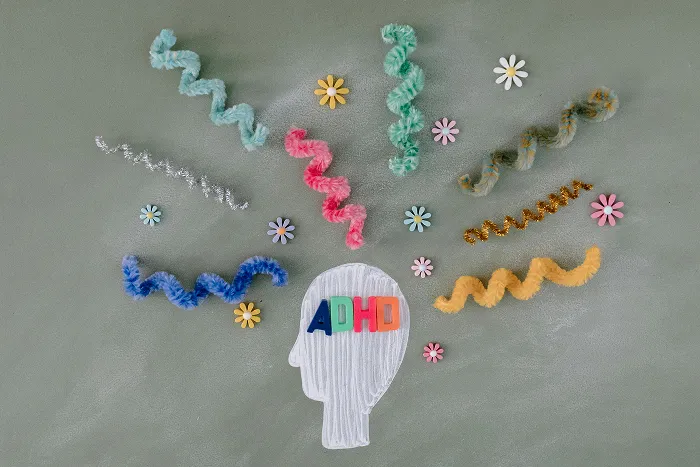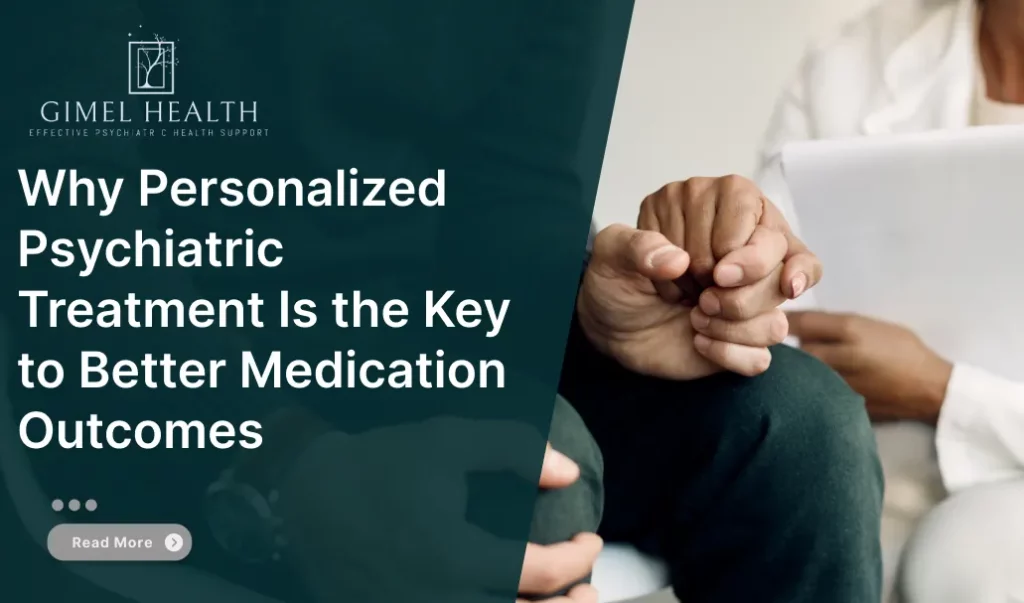
When Mental Health Conditions Overlap: How Psychiatrists Treat Anxiety, Depression, and ADHD Together
If you have ever wondered why your anxiety medication helps your worry but not your focus, or why treating depression

Many mental health providers see patients who show signs of both ADHD and Bipolar symptoms. These conditions can look similar at first glance. Both affect energy, focus, motivation, and emotional stability. But the two disorders require different strategies for long term success. If your practice is working to offer clear guidance, you need a strong and reliable process for identifying each condition.
Understanding the difference between ADHD and Bipolar NY symptoms helps providers deliver safer and more accurate care. Early clarity protects patients. It also reduces confusion for families and care teams.
ADHD involves challenges with attention, impulsivity, and organization. Bipolar disorder involves shifts in mood, energy, and activity levels. Many patients show patterns that overlap. High energy can look like hyperactivity. Racing thoughts can sound like inattentiveness. Mood swings can mimic impulsive behavior. This overlap can lead to misdiagnosis without a careful review.
A structured assessment helps resolve this. Providers use clinical interviews, symptom timelines, and patient history. They also review environmental triggers. Each detail gives a clearer picture. This reduces the risk of treating the wrong condition. Early clarity helps patients receive the right support from the start.

A strong diagnostic process protects patients from unnecessary stress. For example, stimulant medication may help ADHD. But the same medication can worsen Bipolar symptoms. This makes accuracy essential. The right diagnosis supports the right treatment plan. It prevents setbacks and improves stability.
Providers often use long term symptom tracking to confirm patterns. ADHD is consistent. Bipolar symptoms come and go in episodes. Understanding this pattern helps in choosing the right care. A detailed review also checks for coexisting conditions. Many patients live with both. When that happens, care must be balanced and closely monitored. Gimel Health supports this level of attention by offering clear guidance, education, and oversight for practices.
Treatment depends on which symptoms are most disruptive. Bipolar disorder often requires stabilization first. Providers may use mood stabilizers or other structured support. Once the patient is stable, ADHD symptoms can be addressed. This helps avoid emotional escalation.
Providers also focus on therapy. Skills training helps with organization, emotional control, and impulsive tendencies. Many patients respond well to simple structures and daily routines. Sleep support is also important. Sleep disruptions can worsen both ADHD and Bipolar symptoms.
A balanced treatment plan combines medication, behavioral support, and lifestyle tools. This approach improves safety. It also builds long term confidence for the patient. Practices that partner with Gimel Health gain access to reliable guidance and mental health expertise.

A clear system reduces risk. It creates consistency across your team. It also helps your practice offer reliable, high quality care. When patients understand their diagnosis, they follow treatment plans more closely. They also communicate more openly. This makes progress faster and more stable.
Businesses that support mental health services also benefit from structured guidance. Accurate diagnosis reduces crisis moments. It protects provider time. It also supports compliance and smooth case management.
ADHD and Bipolar symptoms affect daily function, relationships, and job performance. When your practice offers stable solutions, you become a trusted partner in the patient’s long term journey.
Mental health changes over time. That makes monitoring essential. Providers track symptoms. They review stress levels. They adjust treatment as life changes. Consistent follow up keeps patients stable. It also prevents relapse.
This level of support requires commitment from your team. It also requires clear communication. When providers stay connected with patients, treatment results improve. A trusted partner like Gimel Health helps practices build strong systems that support long term care.
Businesses in the mental health field rely on results. Clear diagnosis improves outcomes. It also increases patient satisfaction. This leads to stronger retention and better practice reputation. Effective treatment reduces crisis calls and emergency visits. It supports predictable scheduling. It also improves the quality of documentation and compliance.
When your business offers strong diagnostic clarity for ADHD and Bipolar symptoms, patients feel confident. Families feel supported. Providers feel more effective. These advantages create a stronger practice and a safer experience for everyone.

If you have ever wondered why your anxiety medication helps your worry but not your focus, or why treating depression

If you have ever started psychiatric medication and wondered why it did not help the way you expected, you are

Anxiety is one of the most common mental health challenges facing adults and professionals today. If you are seeking anxiety
Your journey to better mental health starts here. With advanced expertise in biology and psychiatry, I build exclusive medication plans backed by science. Contact me to schedule your initial consultation.
(201) 815-4351
440 West Str, Ste 307, Fort Lee Bergen County NJ 07024
ADHD affects attention, focus, and impulse control. Bipolar disorder affects mood cycles, energy shifts, and emotional intensity. ADHD symptoms stay steady. Bipolar symptoms appear in episodes. Providers look at patterns, duration, and functional impact. They may use differential diagnosis, clinical interviews, or behavioral assessments to confirm clarity.
Yes. Many patients have both conditions at the same time. This can make symptoms harder to separate. Providers use comorbidity assessment and long term monitoring to understand the full picture. Treatment often begins with mood stabilization. ADHD symptoms can be addressed after emotional patterns improve. Care must be balanced.
Most patients start with monthly check-ins, but frequency can decrease once your medication management plan stabilizes. At Gimel Health, follow-up schedules are personalized to fit your progress and comfort level.
Both conditions share symptoms like restlessness, racing thoughts, and impulsive behavior. Many patients also struggle with sleep or mood changes. This creates confusion. Providers use clinical history, symptom timelines, and structured evaluation tools to find the correct diagnosis. Consistent review reduces mistakes and protects patient health.
Treatment depends on which symptoms cause the most disruption. Bipolar disorder often needs stabilization first. ADHD treatment may follow once mood symptoms improve. Providers use a mix of therapy, structured routines, medication, and behavioral strategies. The plan changes with patient progress and life demands. Safety and stability guide each choice.
A structured process helps. Clear communication, careful monitoring, and regular check-ins reduce risk. Providers use care coordination, long term symptom tracking, and patient education to build stability. Tools like mood charts and routine building also help. Support from experts like Gimel Health strengthens consistency across the care team.
We use cookies to improve your experience on our site. By using our site, you consent to cookies.
Manage your cookie preferences below:
Essential cookies enable basic functions and are necessary for the proper function of the website.
These cookies are needed for adding comments on this website.
Google reCAPTCHA helps protect websites from spam and abuse by verifying user interactions through challenges.
Google Tag Manager simplifies the management of marketing tags on your website without code changes.
Statistics cookies collect information anonymously. This information helps us understand how visitors use our website.
Vimeo is a video hosting platform for high-quality content, ideal for creators and businesses to showcase their work.
Service URL: vimeo.com (opens in a new window)
You can find more information in our Cookie Policy and Privacy Policy.